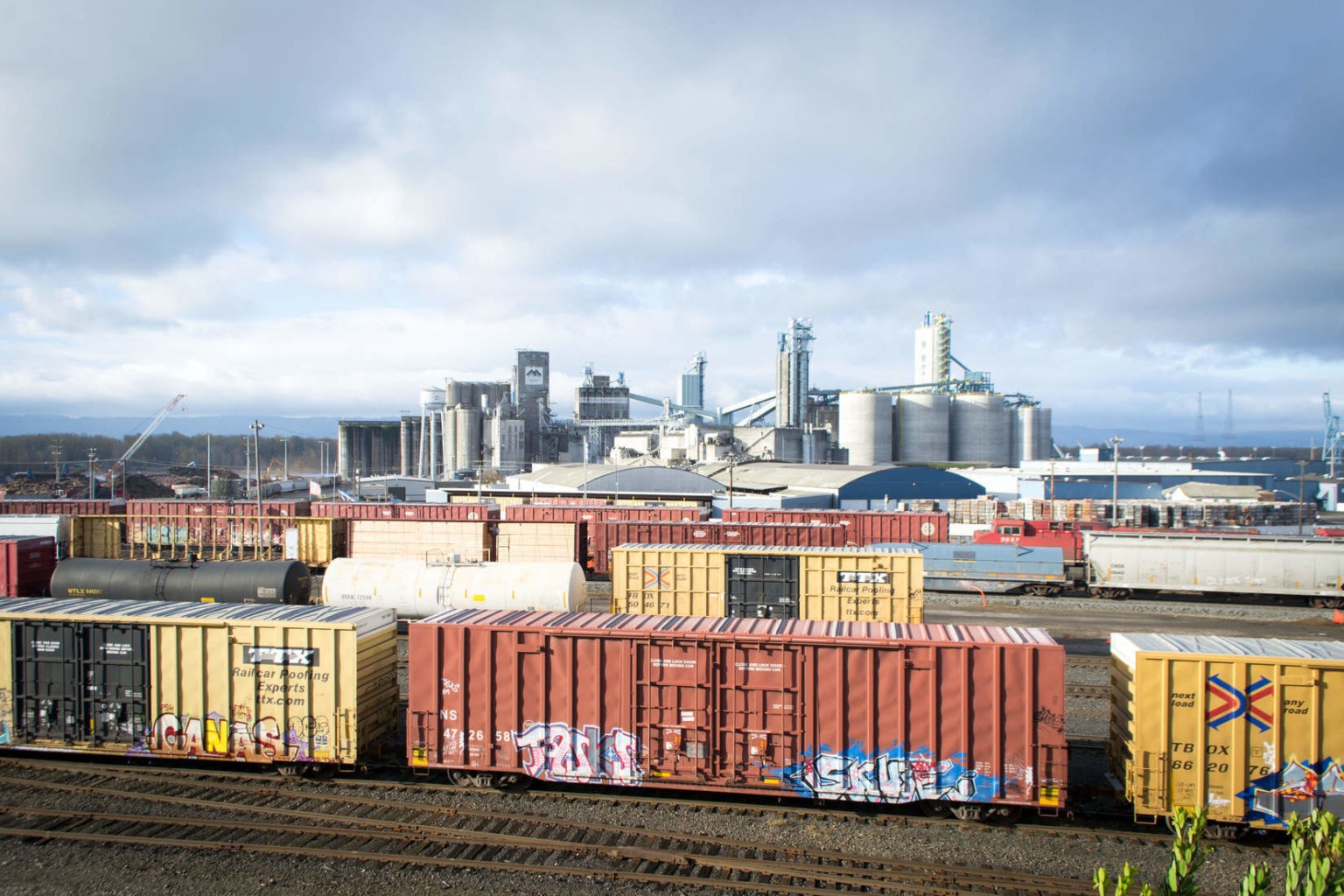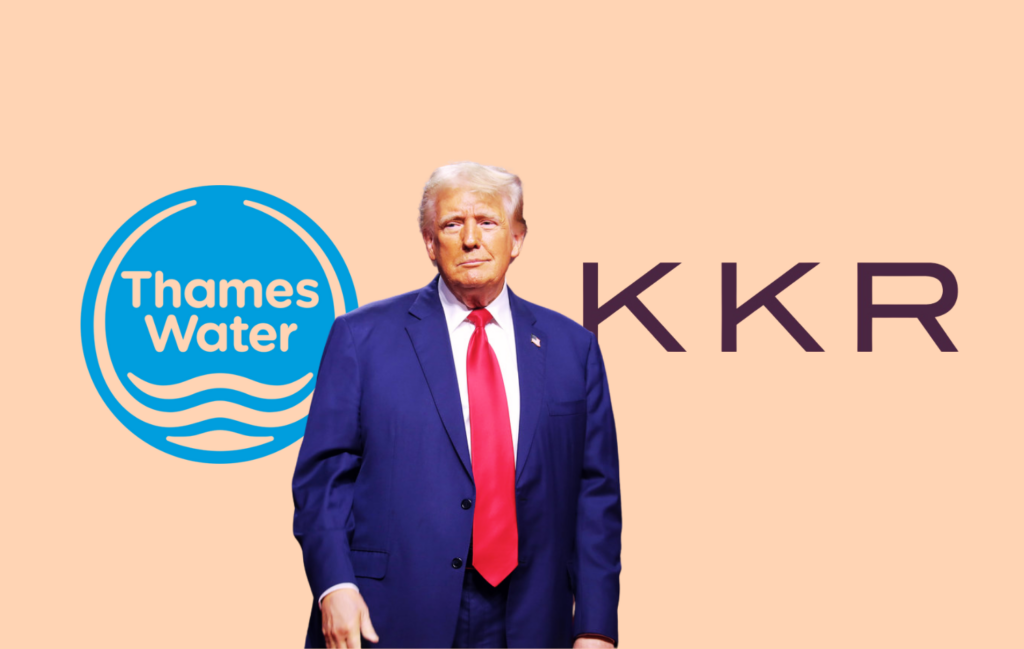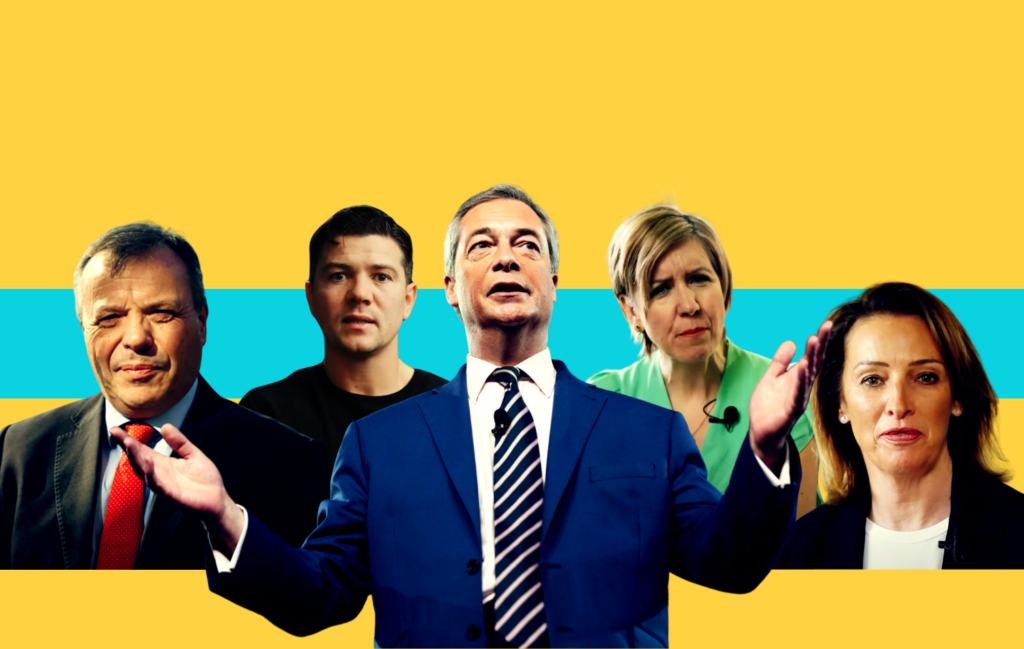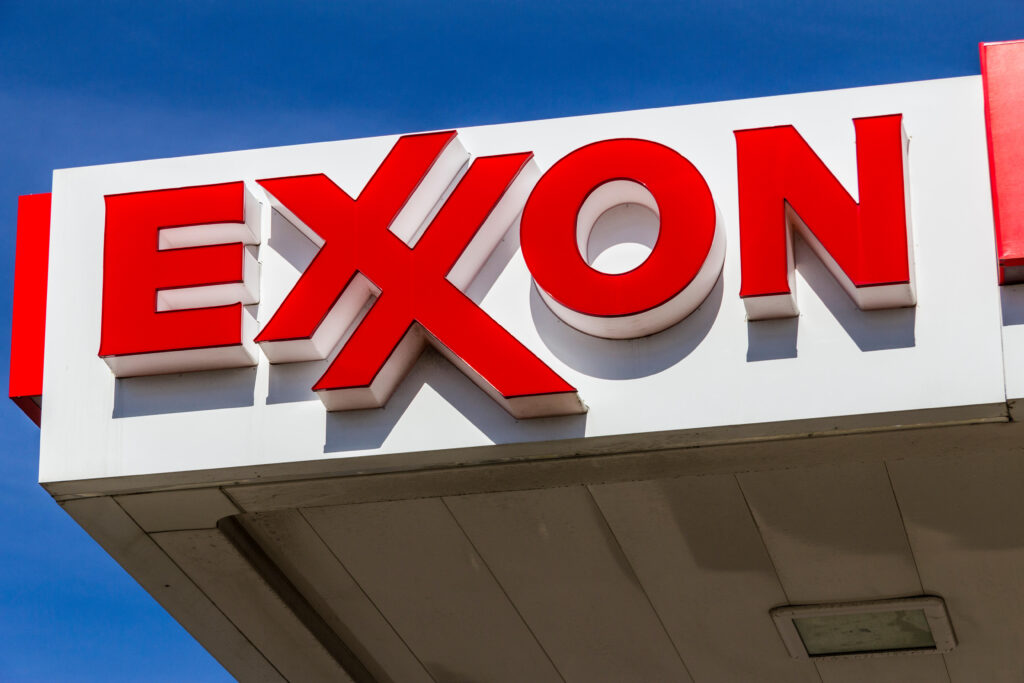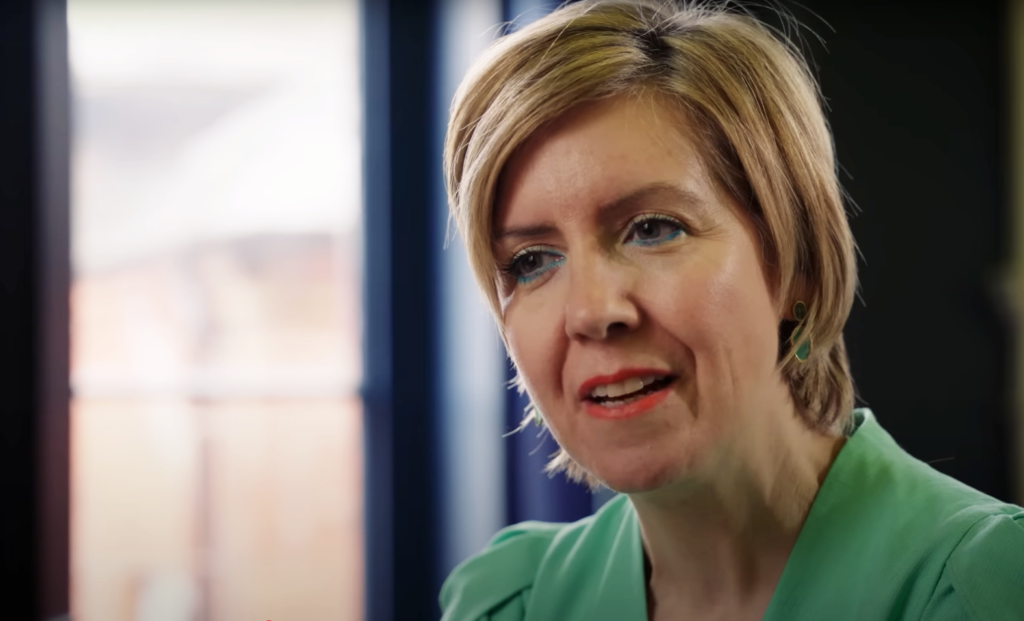By Stephen Quirke
An election in southern Washington could decide the fate of the country’s largest proposed crude-by-rail terminal, and has recently come under heavy scrutiny as a rush of oil money has flowed into the campaign treasury of Port of Vancouver candidate Kris Greene. Greene’s campaign has ties to a GOP lobbying and PR firm that did crisis communications for the Dakota Access pipeline and created fake grassroots groups supporting the tobacco industry.
The Vancouver Energy oil-by-rail facility was first proposed by Tesoro-Savage in 2013, when its backers hoped to make it operational the following year.
But the project has experienced several set-backs due to widespread local opposition from groups including a port worker labor union and from fossil fuel bans from the city councils in Vancouver and across the river in Portland, Oregon. In August, Washington State’s Energy Facility Site Evaluation Council delayed a decision on the project for the seventh time. Meanwhile, virtually every other fossil fuel facility proposed in the region has been canceled, including two oil terminals in Grays Harbor, Washington.
Oil-by-Rail Money
In the current port commissioner election, the backers of Vancouver Energy face the real possibility of seeing their political capital evaporate.
In 2015, oil terminal critic Eric LaBrant beat his pro-oil opponent, Lisa Ross, by more than 10 points, to take a seat on the port commission. Based on political spending this year, the terminal’s backers appear keen to prevent a repeat of that election, which would give oil terminal opponents a majority on the commission, and allow the port to cancel the project lease.
Before he announced his port campaign, Kris Greene was on the record supporting the terminal, but as a candidate, he has taken a more conditional stance he says depends on the state’s determination of any environmental impact.
“Whether they say, ‘yes, it’s good,’ or ‘no, it’s not good,’ I’m okay with either way it goes,” Greene told DeSmog. “And if we [build the terminal], it’s $7-10 million of net income to the port, which can support a lot of growth.”
According to the Washington State Public Disclosure Commission, Greene received $225,000 from Vancouver Energy in September, before receiving another $140,000 from Tesoro Savage Petroleum Terminal LLC on October 13. Including a smaller donation from Tesoro in July, Greene has raked in at least $370,000 from businesses that give him a perceived conflict of interest related to the terminal.
The connection has not been lost on state lawmakers.
“That is a loophole large enough to steer an oil tanker through,” state Rep. Monica Stonier said. Under current Washington law, there are no campaign contribution limits for port elections — except for the Ports of Seattle and Tacoma — a situation Tesoro-Savage is apparently exploiting. On November 2, state Representatives Stonier and Sharon Wylie pledged to pass restrictions on all port contributions in the next legislative session.
DCI Group Joins Greene Campaign
Whistle-blower and former Greene campaign strategist Robert Sabo has revealed exactly how this influence has played out in the Greene campaign.
“Kris is following orders,” Sabo told the Vancouver-area news outlet The Columbian. “He’s being told what he’s going to pay for and where that money is being spent.”
The biggest change appears to be the unofficial appointment of consultant Bruce Boram as the new leader of the Greene campaign. Boram has told The Columbian he works for an organization called Keep Washington Competitive — an apparent front-group for fossil fuel companies fighting regulations affecting fossil fuel exports.
According to Sabo, Vancouver Energy contacted Boram to get him into the Greene campaign, paying him with money funneled through a shadowy public relations firm called DCI Group. Leaked emails show Boram introducing DCI Group’s George Jamerson to the Greene campaign. Jamerson is now Greene’s political director.
According to the Center for Media and Democracy, DCI Group has a long and shady history of supporting climate change denial as part of their PR work for oil companies like ExxonMobil, and was even a corporate founder of the American Legislative Exchange Council (ALEC), which has been described as a “corporate bill mill.” According to the sparse data currently available, DCI Group has received at least $3.32 million to lobby for the oil and gas industry.
Although he declined to comment on specific claims by Sabo, Greene disputed the picture his former strategist painted of the campaign. Greene reiterated that he only sees Bruce Boram as a volunteer.
“We take a lot of recommendations from a lot of people, including Bruce, and several other folks that have had extensive experience running campaigns,” Greene told DeSmog.
Greene also insisted that his position on the oil-by-rail terminal has always been the same.
Funneling Money into Port Race?
According to Sabo, DCI also funnels money from the oil companies behind Vancouver Energy to the front group Keep Washington Competitive in order to keep their payments to Boram off the record.
“Bruce [Boram] states he works at a group called Keep Washington Competitive. It’s a farce. That’s a money train that leads back to Vancouver Energy, Tesoro-Savage, and now Andeavor [which Tesoro changed its name to in 2017],” said Sabo. “Try to find that company, try finding their office. It might exist on paper, but it doesn’t really exist.”
He continued: “Bruce understands himself as a volunteer to the campaign, paid by DCI [via Keep Washington Competitive], who is paid by Vancouver Energy. There’s nothing you’re ever gonna find to show how that worked. I know because I talked to Bruce enough to know how it worked, but there’s no physical evidence.”
According to the State’s Public Disclosure Commission, Boram has reported two in-kind contributions to the Greene campaign totaling $6,000, an amount that seems out of touch with Sabo’s portrait of the campaign, in which he claims much higher numbers than records show.
Sabo has also leaked emails to The Columbian showing Vancouver Energy dictated the language of Greene’s first press release, which attempted to assuage public concerns over big oil’s major donations.
Sabo alleges that Greene apparently entered a chain of command once he accepted money from big oil. “His marching orders come from Dan Riley [VP of government affairs for Tesoro], he dictates to Bruce, and he dictates to Kris,” said Sabo.
The oil money pouring into Greene’s campaign appears without precedent for a local Washington race. A 2015 report highlighted three politicians taking the most fossil fuel money that year—$56,000 combined. By comparison, Greene’s corporate donations this year are the largest in the history of the port, and the largest direct donation this year for any candidate in the state.
When asked about these contributions, Greene told DeSmog the reason “why the situation has gotten this way, with moneys on both sides” lies with the Washington Conservation Voters Action Fund, which supported an anti-oil terminal candidate with in-kind donations in 2015 and again in 2017. This year’s in-kind donation is valued at more than $292,000 and was received October 16, after Vancouver Energy and Tesoro’s major contributions. Greene’s opponent has raised, in total, only $117,000 in cash to Greene’s $370,000 just from the oil-by-rail industry.
Main image: Vancouver, Washington. Credit: Visitor7, CC BY–SA 3.0
Subscribe to our newsletter
Stay up to date with DeSmog news and alerts


